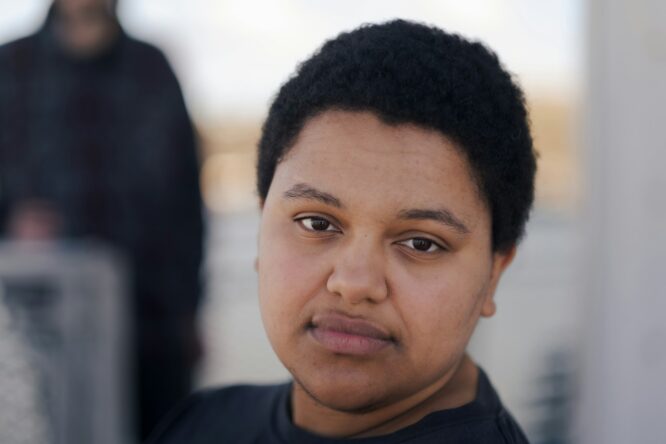For the first time in history, the Catholic Church has elected an American pope.
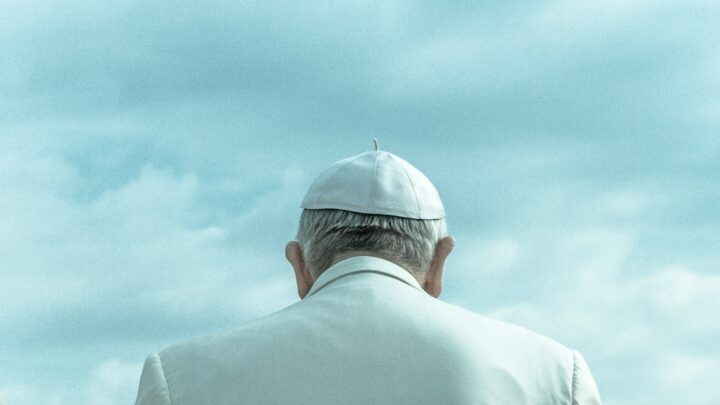
While it’s a huge moment, it’s already starting to show just how complicated this decision really is. Many people support Pope Leo XIV, but that doesn’t mean that everyone is on board. Here’s why his appointment could deepen existing divisions rather than bring unity.
1. The U.S. church already felt out of sync with Rome, and now it’s leading.
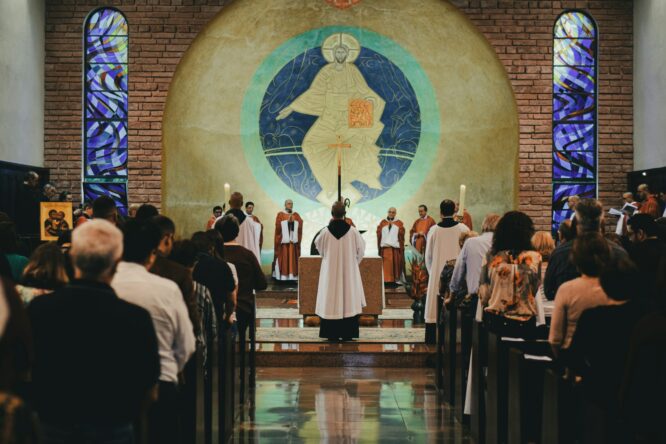
Long before the election, the American Catholic Church was already on its own wavelength. Heavily politicised, deeply divided, and often at odds with the Vatican’s tone, it wasn’t exactly the model of unity. Now, with an American in charge, those tensions could easily get worse, not better. Some see this as validation of a more hardline approach. Others see it as a betrayal of a more global, inclusive vision. Either way, it’s stirred up more division than agreement.
2. It looks like another win for the West—again.
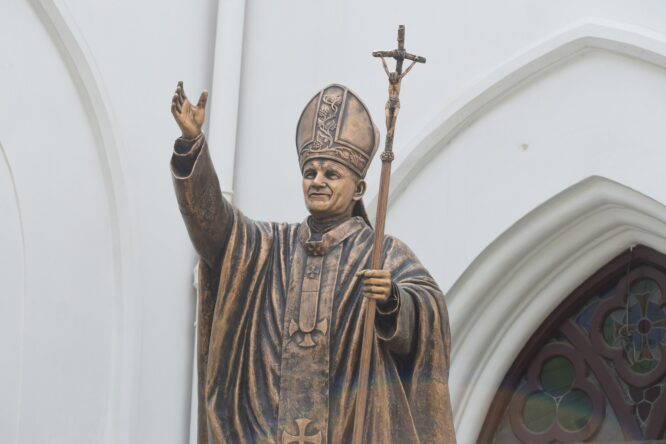
Most of the Church’s growth right now is happening in the Global South. Latin America, Africa, and Asia are where the faith is most vibrant. So handing the top job to someone from the U.S.—where attendance is shrinking—feels like the same old power dynamic all over again. Even if he brings fresh ideas, the optics are hard to ignore. It risks reinforcing the idea that wealth and Western influence still run the show.
3. Politics are already overshadowing the papacy.
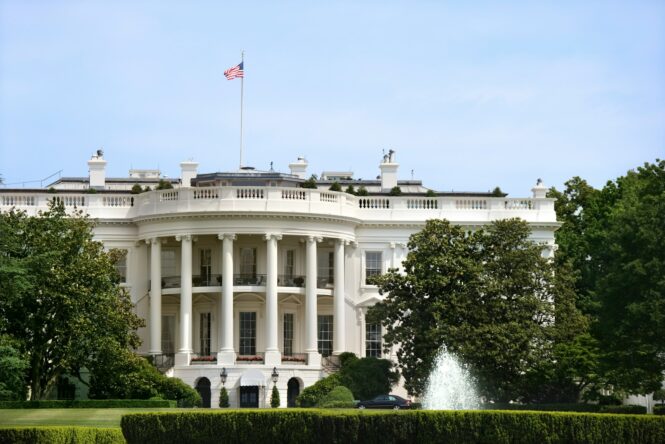
Every statement the new pope makes is already being interpreted through a political lens. Is he conservative enough? Is he a secret progressive? Is he dodging key issues? The fact that he’s American only intensifies this kind of speculation. The spiritual role is getting buried under media narratives and culture war commentary. That makes it harder for anyone, inside or outside the Church, to hear what he’s actually saying.
4. Catholics in the Global South feel pushed aside.
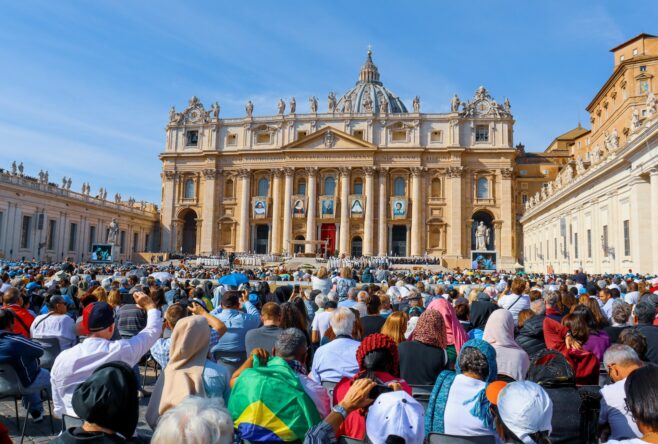
For Catholics in growing communities, this decision landed awkwardly. After decades of waiting to feel seen and represented, many feel like they’ve been sidelined again. A pope from the U.S., a country not known for global humility, only adds to the frustration. This wasn’t just about identity; it was about being heard. And for many, this choice seems like a missed chance to centre voices that have long been pushed to the edge.
5. The U.S. Church’s internal divisions are now global.
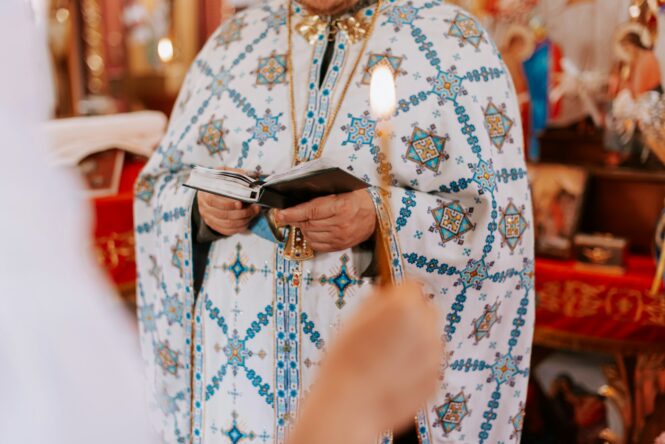
Progressives in the U.S. hoped for reform. Traditionalists wanted a hard reset. Now, both sides are projecting their expectations onto the papacy. Instead of settling the debate, his appointment has blown it open even further. What used to be American in-fighting is now playing out on a global stage, and that spotlight is making every disagreement feel even louder.
6. The media response is already a distraction.

From cable news to social platforms, the headlines haven’t stopped. The new pope’s nationality has become the story. His every move is being spun into a soundbite, and the commentary isn’t letting up anytime soon. While previous popes had room to lead quietly, this one’s stuck in a constant media loop. That could water down the depth and weight of what the role is supposed to be.
7. His lack of global experience could begin to show.
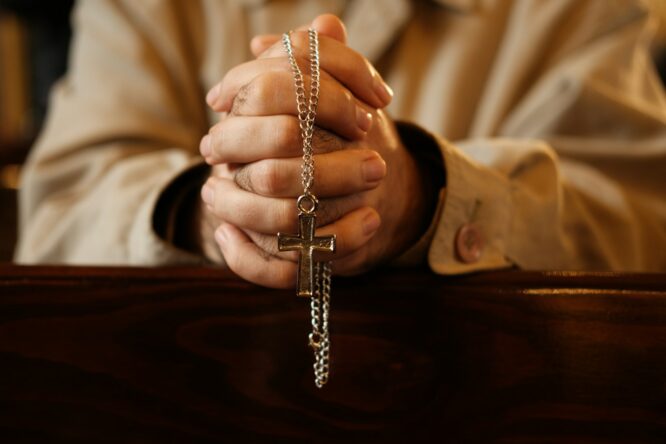
Despite good intentions, it’s clear that the new pope’s worldview is shaped by U.S. norms. That’s not a flaw, but it’s a limitation. The Church is incredibly diverse, and leading it requires more than just empathy—it takes lived understanding of how faith works outside the West. Some are already raising concerns that his decisions reflect a narrow lens, and that could alienate the very communities he’s supposed to shepherd.
8. It’s triggered nationalist energy in other countries.
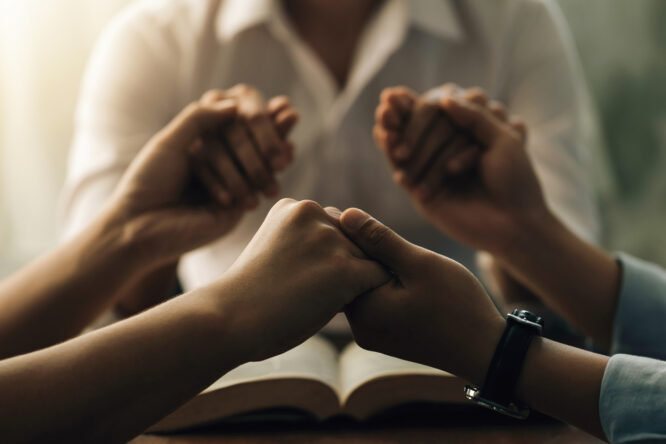
Since the announcement, there’s been a noticeable rise in “When’s it our turn?” energy across the Catholic world. People are treating the papacy like a prize for loyalty or political influence. That mindset threatens the idea of a pope as a servant to all, not just a representative of one nation. As more countries react, it could fracture the global sense of unity the Church has always tried to preserve, even if imperfectly.
9. It feels like a reward for a struggling model.
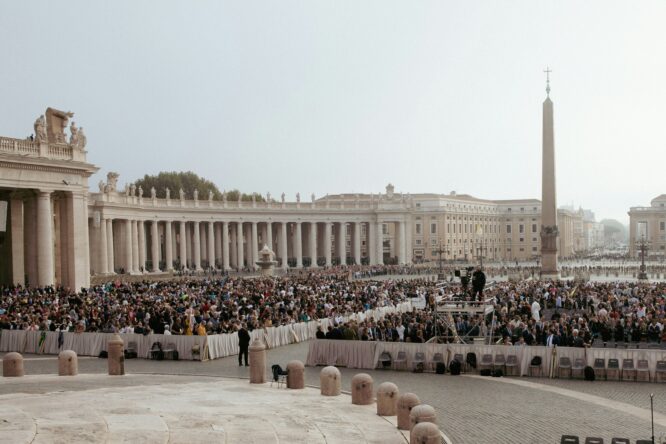
The American Church has been losing members, struggling with internal culture wars, and facing steady public criticism. Choosing a pope from that environment sends a strange message. Is this what the Church wants more of? To Catholics in healthier, more unified regions, this feels like a confusing endorsement, and it risks sending the wrong signals about what the Church values in its leadership.
10. Hot-button issues are now impossible to avoid.
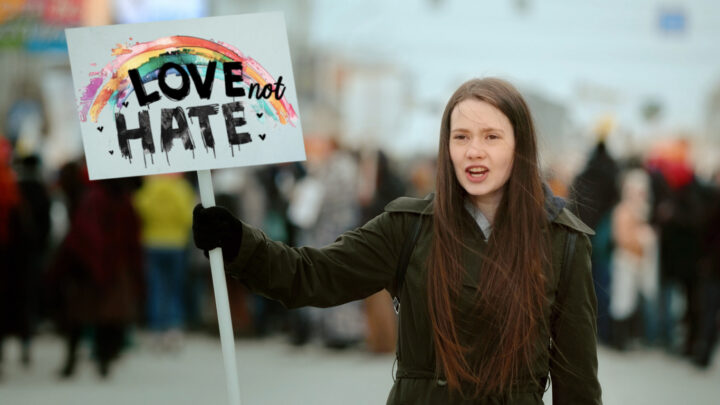
Even in his early days, the new pope has been asked to weigh in on abortion, LGBTQ+ inclusion, women in the Church—you name it. There’s no buffer zone. Every topic is on the table, and expectations are sky-high on all sides. Instead of space to lead thoughtfully, he’s stuck in a constant demand-response loop. The fallout from his answers—or his silence—starts immediately.
11. His tone clashes with Vatican tradition.
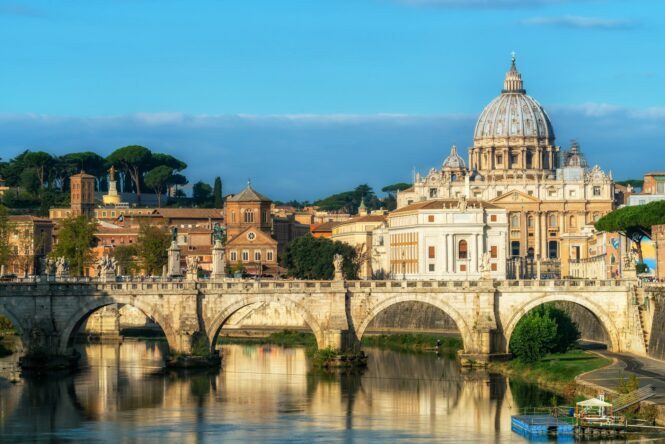
The American way of speaking—straightforward, results-driven—can feel jarring in Vatican culture, which tends to favour slow consensus and quiet diplomacy. That contrast is already making waves. He may mean well, but the change in tone could feel jarring to those who see the papacy as a stabilising force. When the tone feels off, the message often gets lost. That’s why everyone is keeping a close eye on Pope Leo to see exactly what kind of pope he’ll be.
12. It’s confirming just how divided the Church really is.
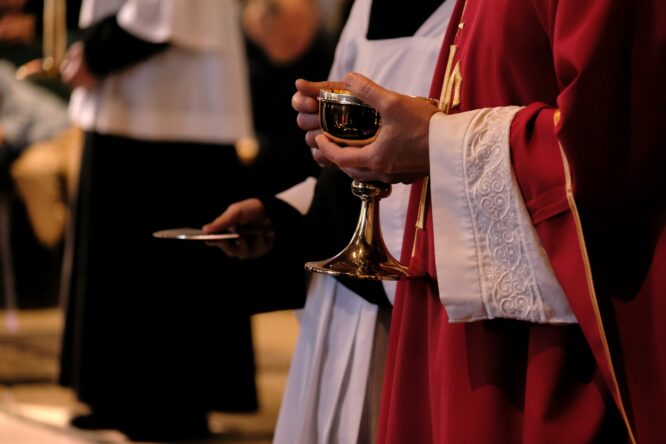
This wasn’t just about nationality—it was about identity. And the election of a U.S. pope has surfaced a lot of old fractures: between North and South, rich and poor, conservative and reform-minded. Instead of offering healing, the decision has made those divides harder to ignore. Time will tell what kind of leader he’ll be. But right now, the global Church feels less unified, not more, and that’s a heavy weight for anyone to carry.


